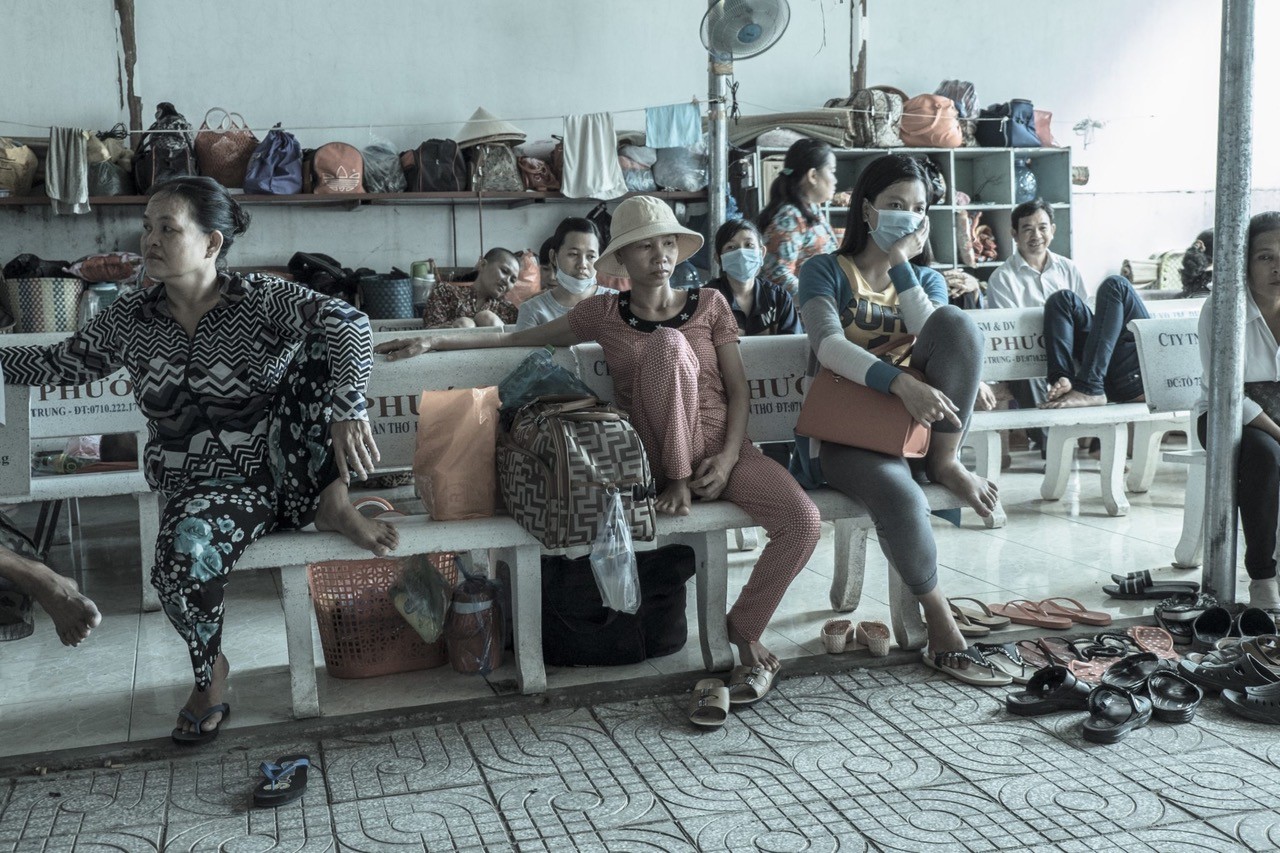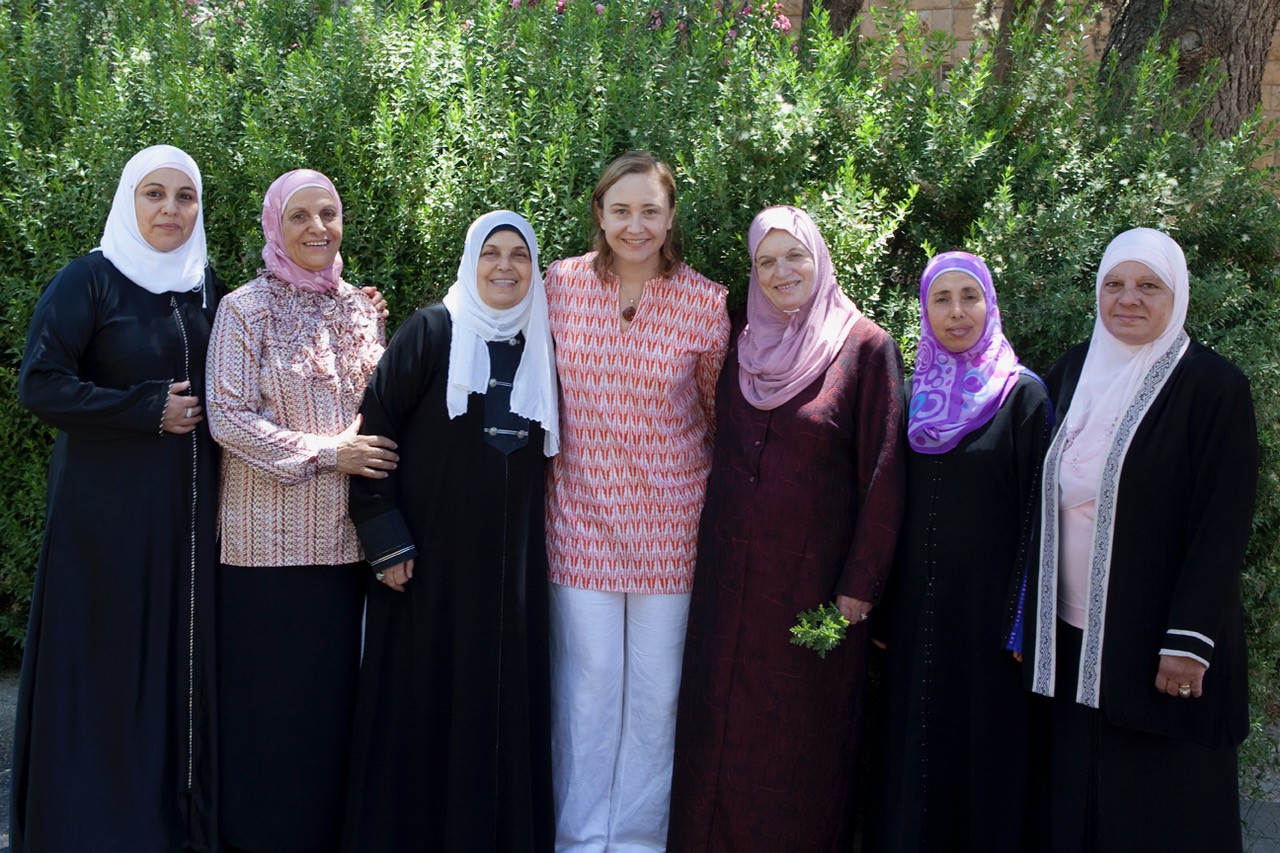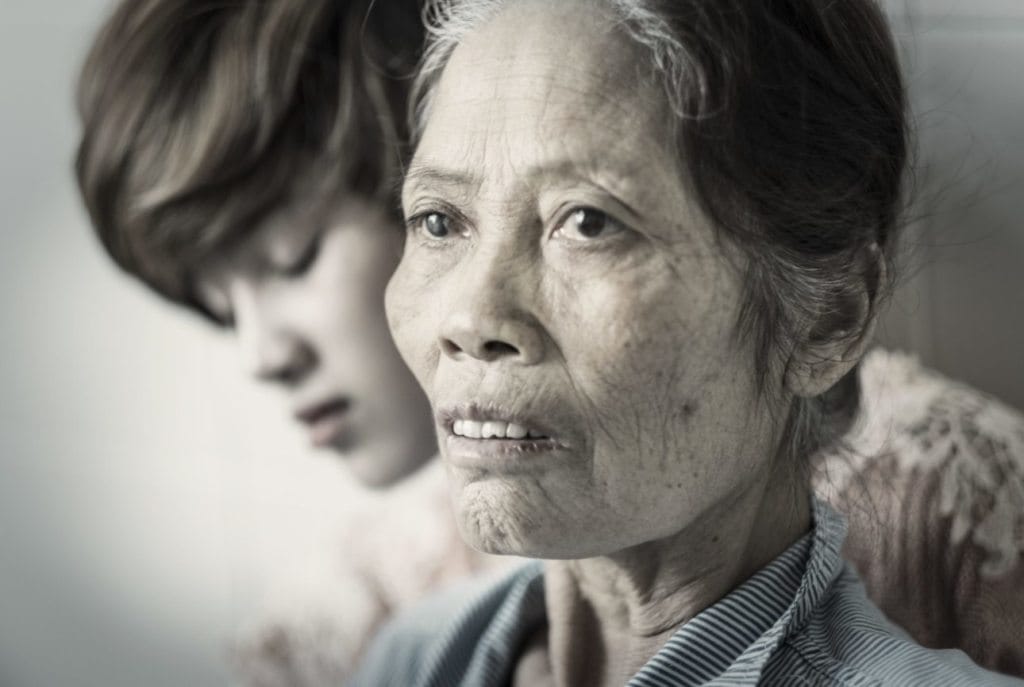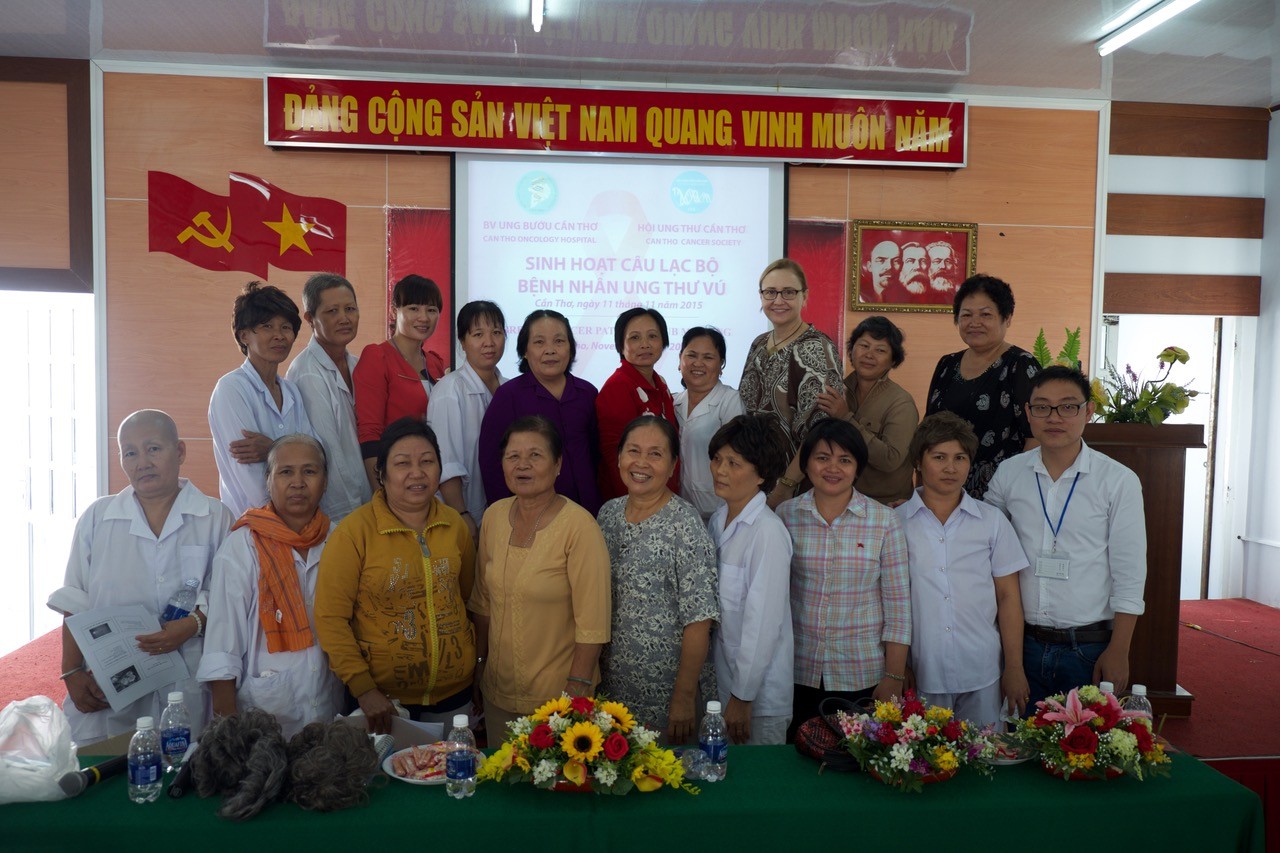World Diabetes Foundation
Challenging the food culture of the Marshall Islands
Civil Society Working Group
26 May 2026
Carolyn Taylor | 27 Jun 2025
About this SeriesThis article is part of the Lived Experience Perspectives Series, which features firsthand accounts from individuals living with noncommunicable diseases, mental health, or neurological conditions. Each piece highlights one of the key advocacy messages from the WHO Symposium on the Meaningful Engagement of People Living with NCDs, Mental Health, and Neurological Conditions, contributing to global advocacy efforts in the lead-up to the Fourth High-Level Meeting of the UN General Assembly on NCDs and Mental Health in September 2025. This article highlights Key Advocacy Message 1.2: Recognize the right to meaningful engagement by equitably including people with lived experience throughout the co-design, co-implementation, and co-evaluation of health policies, programmes, services and research. |
No one sets out to work in cancer advocacy. After more than 20 years as a professional photographer specializing in food and product photography, a cancer diagnosis challenged me to turn my lens inward, and in doing so, I found myself drawn into advocacy.
In 2006 at the age of 43, I was diagnosed with ovarian and endometrial cancers. I was incredibly fortunate, my cancer was detected early and treated promptly. I had access to healthcare, treatment options, and support. While I made a full surgical recovery, I came to realize that the most personal and challenging parts of my experience had been left out of the treatment.
Doctors avoided conversations about my sexual health, my identity as a woman, and my relationships. When I asked for help, they shrugged and said, “Sorry, there’s really nothing we can do.” My cancer was treated, but I was not.
While I felt deep gratitude for my treatment and recovery, I also felt a growing sense of change and responsibility. If I felt unseen in a well-resourced system, the silence must be deafening elsewhere.
I asked myself “What could a food photographer possibly offer to other people facing cancer?”. I could make an English muffin or a hamburger look irresistible, but I never imagined how those skills might translate to cancer care.
In 2009, an unexpected opportunity arose in the form of a contest offering ten free flights anywhere in the world. My proposal was simple: to use photography to document that cancer has no borders - regardless of race, religion, nationality or economic status. Six months later, I received the call: I had been awarded the ten flights.

Between March 2010 and March 2011, I traveled to 14 countries, interviewing and photographing people living with cancer, survivors, caregivers, health professional and policy makers. What began as a photography project quickly became something more.
More than 200 people entrusted me not only with their portraits, but with their truths—unfiltered, painful, and deeply human. Their testimonies revealed patterns that data alone could never show. I learned that lived experience is not passive—it’s evidence that demands action..
I quickly learned that there is little equity in cancer and that where someone lives, their race, gender, and faith profoundly shapes their cancer care experience. In many of the countries I visited, people didn’t just suffer from disease—they suffered from the absence of strong health systems, often relying on the strength and support of their communities. There were gaps everywhere, from awareness and education to access to treatment and supportive care.
The people I met and their stories revealed the fractures in care systems, the power of community, and the urgent need to rethink how we approach support and healing. This understanding has become the foundation for the NGO I founded and lead, Global Focus on Cancer (GFC).

Meeting with the only cancer support group for women with breast cancer in the West Bank, Patient Friends Society, Jerusalem, 2011. Photo: Carolyn Taylor
Lived experience is too often treated as anecdotal or peripheral. At GFC, we recognize it as essential expertise. In alignment with the WHO Symposium’s key advocacy messages, we work to equitably include people with lived experience through the co-design, co-implementation, and co-evaluation of policies, programs, services, and research. This is not a symbolic gesture—it is a structural approach to building health systems that are more responsive, inclusive, and sustainable.
Our support programs begin with participatory, culturally grounded design. For example, women with lived experience in Vietnam co-developed the Stronger Together Peer Support Program, shaping every aspect of the program, from mentor training to hospital integration. We have expanded this model to Ethiopia, Rwanda, and among immigrant communities in Australia, each time working closely with local partners to reflect linguistic, social, and cultural norms.
People with lived experience do not merely inform our work—they deliver it. Peer mentors are trained, supported, and integrated into care teams. In Vietnam, they deliver psychosocial support in coordination with hospitals, in Ethiopia and Rwanda, they are co-lead in national peer support models. In Australia, they inform culturally specific outreach and education strategies.
By centering lived experience in implementation, we see improved trust, reduced stigma, and stronger continuity of care. These roles are not tokenistic—they represent a rebalancing of power and a reframing of who is recognized as a care provider.
Beyond programmatic work, we invest in the leadership of people with lived experience. Across our seven Southeast Asia Breast Cancer Symposiums (SEABCS), we fostered cross-border coalition-building and peer-led advocacy across seven annual gatherings.
Through VOICE (Voices of Impact for Cancer Equity), we support women leaders in Africa to engage in national policy dialogues, shape advocacy agendas, and build pathways toward system-level change.

Woman with late-stage ovarian cancer, supported by her daughter, Hanoi Oncology Hospital, Viet Nam, 2016. Photo: Carolyn Taylor
When evaluating health policies and programs, we must consequently also reflect what matters. In Vietnam, Stronger Together was assessed through a mixed-methods approach, combining psychosocial outcomes with community-defined indicators such as confidence, dignity, connection, and hope. Across all sites, we use participatory methods that center learning, accountability, and adaptation, recognizing that conventional metrics alone cannot capture the full impact of supportive care interventions.
Practice must inform policy. GFC works to embed lived experience within broader cancer control strategies and global health policies:
When lived experience is truly embedded—not simply acknowledged—it brings a form of clarity that data alone cannot deliver. It reveals the delays, the gaps, and the impossible choices people are forced to make time and again.
This is why I’ve dedicated my work to ensure systems treat the whole person, not just the disease. Because equitable, responsive care must begin with the people it is meant to serve.
I never expected a cancer diagnosis to lead me here. Or that a camera and a conversation could expose so much about what systems get wrong—and what people need.
Again and again, in stories shared across continents, I heard the same message: “See me.”
Embedding lived experience isn’t just about listening. It’s about trust. It’s about shared power. It’s about building something together—so no one is left behind, or left unheard.

Launch of a support group for women with breast cancer, Can Tho Oncology Hospital, Viet Nam, 2014. Photo: Carolyn Taylor
Carolyn Taylor is a global leader in supportive cancer care and founder of Global Focus on Cancer. Her work spans advocacy, psychosocial support, and systems strengthening in low-resource settings, reaching over 10,000 people through more than 100 global partnerships. She contributes to global policy as a Commissioner on two Lancet Commissions and advises WHO’s Global Breast Cancer Initiative and Steering Committee for Meaningful Engagement. Her work, published in The Lancet and Nature Reviews, advances equitable, evidence-based cancer care.